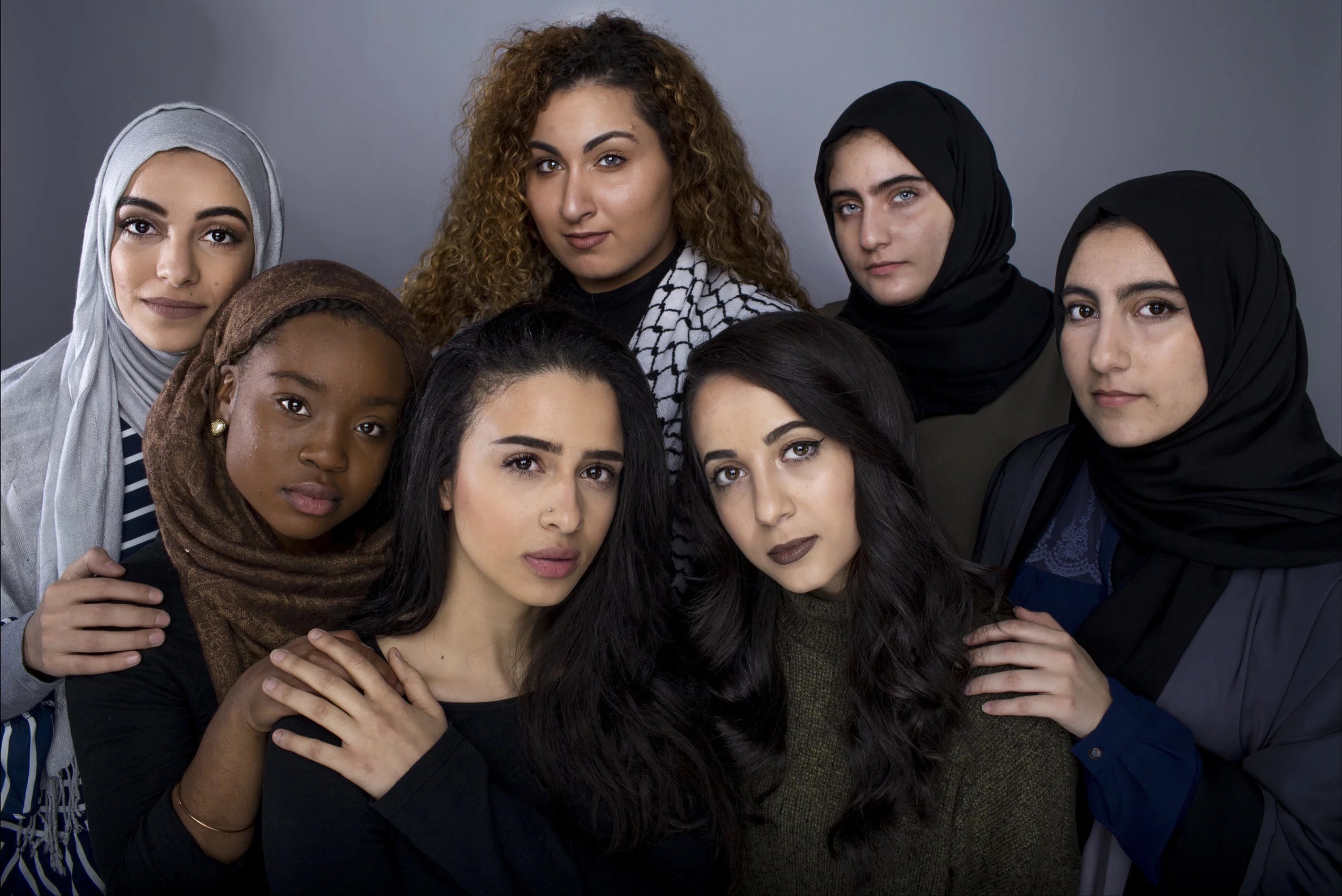
By: Noor Khan, MPAC Policy Intern
The discourse surrounding Muslim women in Western society is greatly enriched by Edward Said’s concept of Orientalism which provides the framework for understanding the perpetuation of stereotypes and misconceptions. In Said’s seminal work, he revolutionized how the West has constructed a specific narrative of the Orient that exoticizes the people and culture, reinforcing the idea of “othering” which serves to justify Western dominance and colonialism. These narratives often intersect with contemporary issues such as the hijab ban in France and the depiction of Muslim women in the media, reflecting power dynamics and biases that shape Western perceptions today. Western countries have carefully curated the image of Muslim women as creatures who live an oppressed life of suffering. Of course, veiled women exist outside of Islam so why is it that Muslim women are heavily scrutinized and labeled as silenced victims of patriarchy and religion?
The hijab ban in France exemplifies the crossing of Orientalist tropes with policy-making. Advocates for the ban frequently portray the hijab as a symbol of oppression, echoing Orientalist narratives that depict Muslim women as inherently subjugated and in need of saving. However, such portrayals disregard the agency and autonomy of Muslim women who choose to wear hijab as an expression of religious identity or personal choice. Instead, these bans only reinforce the notion that the West must “save” Muslim women from their supposed oppression.
Media representation further contributes to the Orientalist depiction of Muslim women, influencing public perceptions and attitudes. Mainstream media frequently showcases Muslim women through an incredibly narrow lens, disproportionately focusing on stories of oppression and victimhood while overlooking their agency. This selective framing not only reinforces stereotypes but also silences the many voices of Muslim women. Media coverage tends to homogenize the experiences of Muslim women, ignoring the diversity of their identities, struggles, and achievements.
It is crucial to center the voices and experiences of Muslim women themselves to challenge Orientalist narratives in the context of policies and media representation. By amplifying diverse perspectives, we can change the portrayal of Muslim women as universally oppressed and highlight their agency in navigating complex social realities. This can be achieved by providing platforms for Muslim women to share their stories and participate in public discourse, thus enabling them to challenge stereotypes and reclaim their narratives. Thanks to social media platforms, we can see Muslim girls and women creating space for themselves and for those who look like them on social media by sharing their lived experiences. Engaging critically with media representations is important for deconstructing stereotypes and promoting a more nuanced understanding of the experiences of Muslim women. This involves advocating for more inclusive and accurate portrayals of Muslim women in mainstream media, examining the biases and power dynamics that influence media coverage, and allowing Muslim women a seat at the table.
As we advance in our pursuit of justice and liberation, let us not forget to fight for the rights of Muslim women starting with shifting the perception of them. Harmful colonialist perspectives have led the West to believe that Muslim women are both the victims and the villains. They are supposedly devoid of free will within their communities and homes, yet they must also conform to the standards of Western society so they do not pose a threat. Policies targeting Muslim women and their beliefs, as well as the media that paints a broad picture of these women, further instill the notion of Muslims as the other, perpetuating colonialist attitudes and exacerbating societal divisions. By confronting these narratives and prioritizing the agency of Muslim women, it is possible to build a more equitable society that is inclusive to all.
Invest in MPAC’s work to improve public policies and perceptions. We’re changing how America views Islam and Muslims.